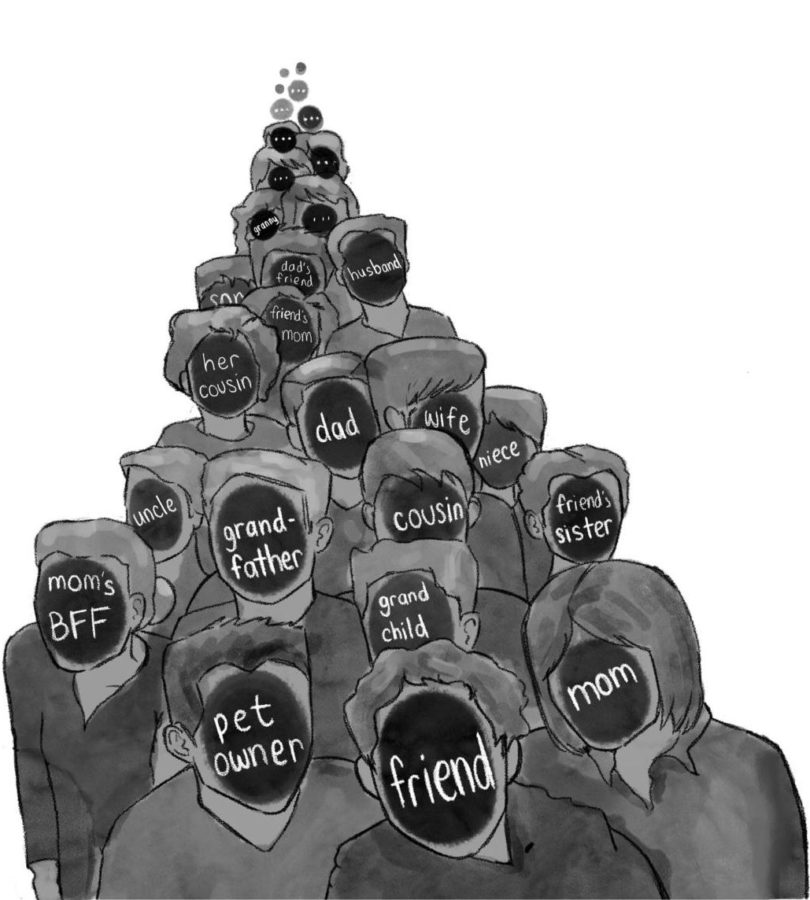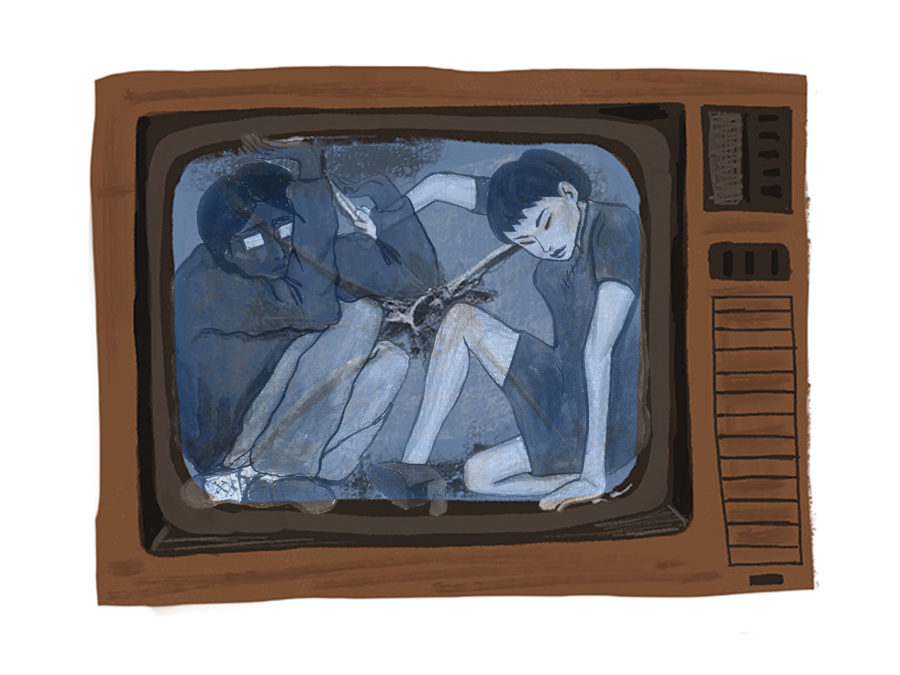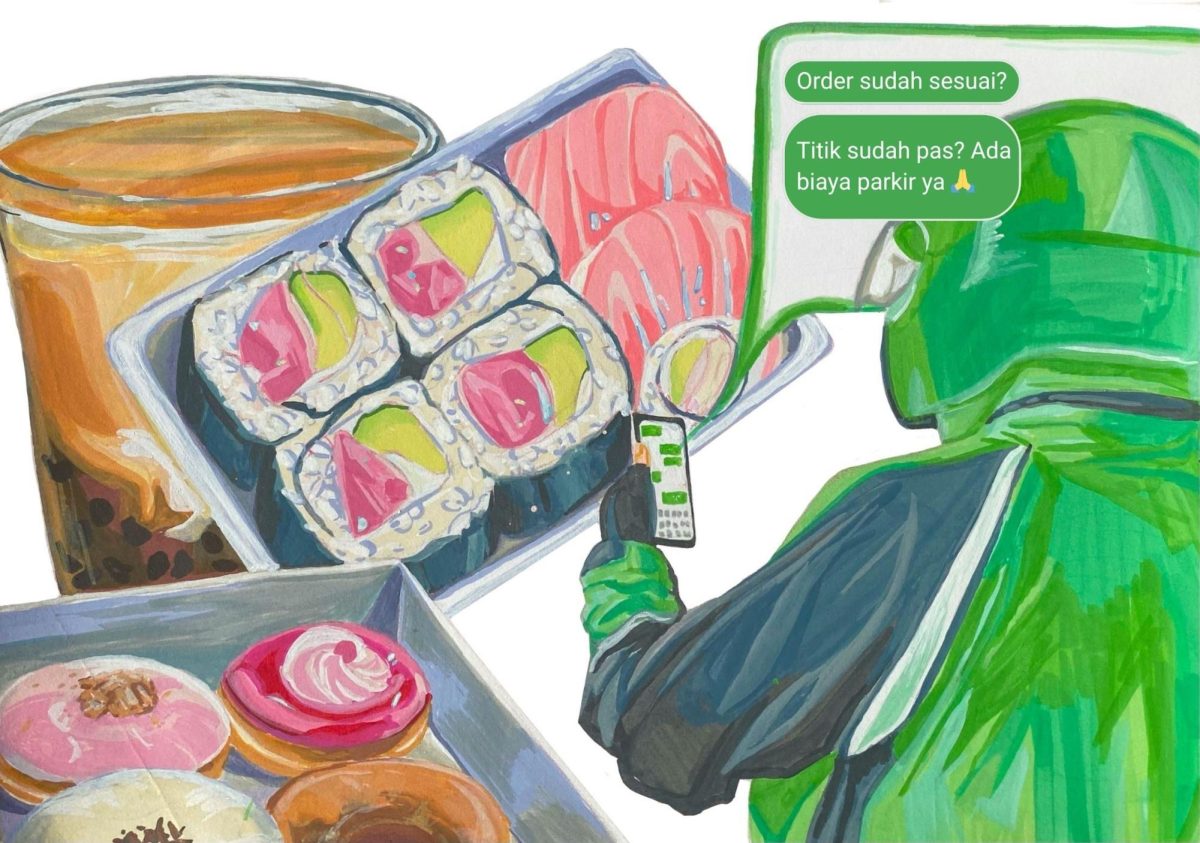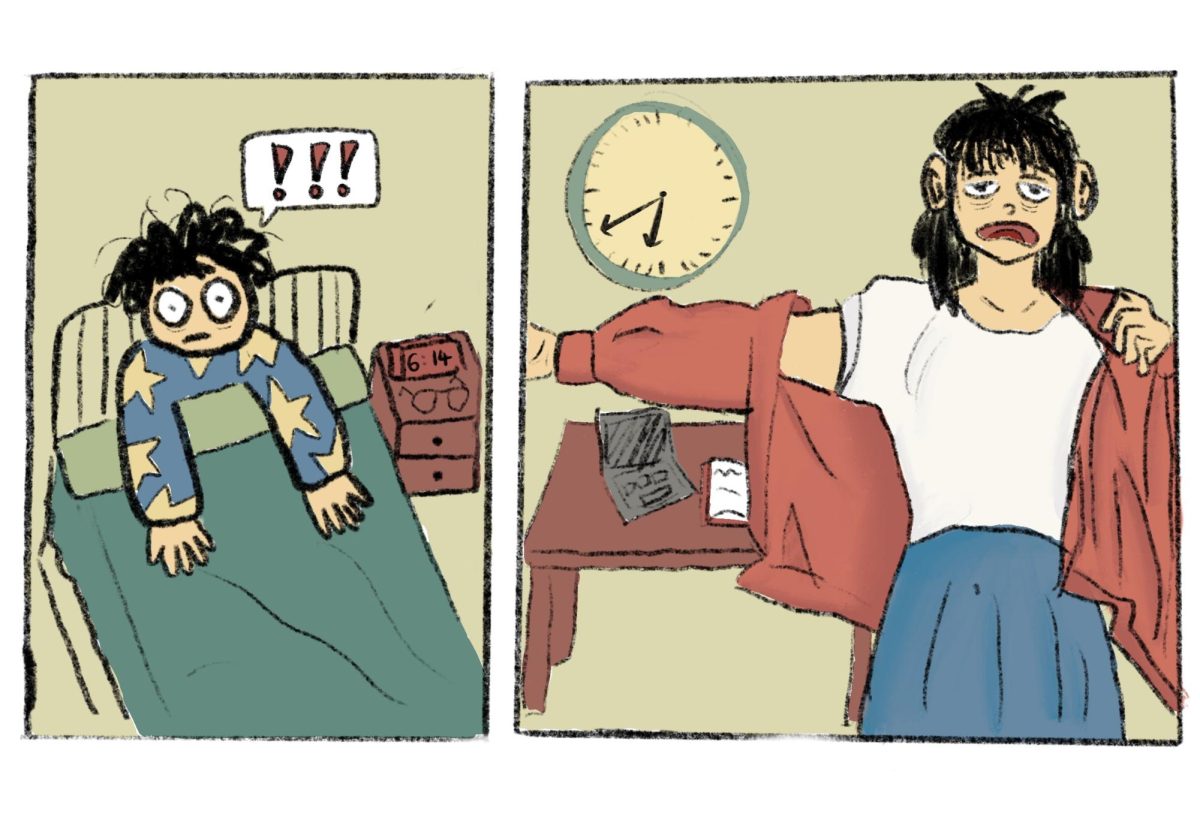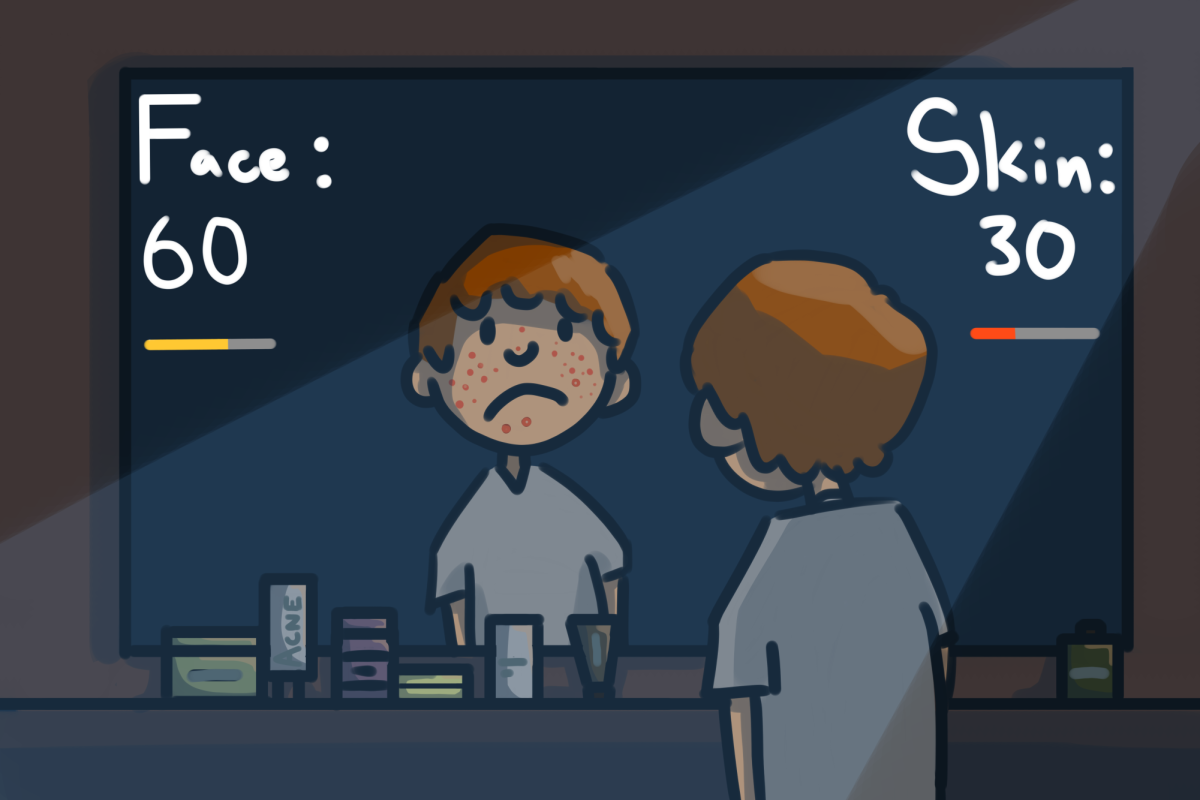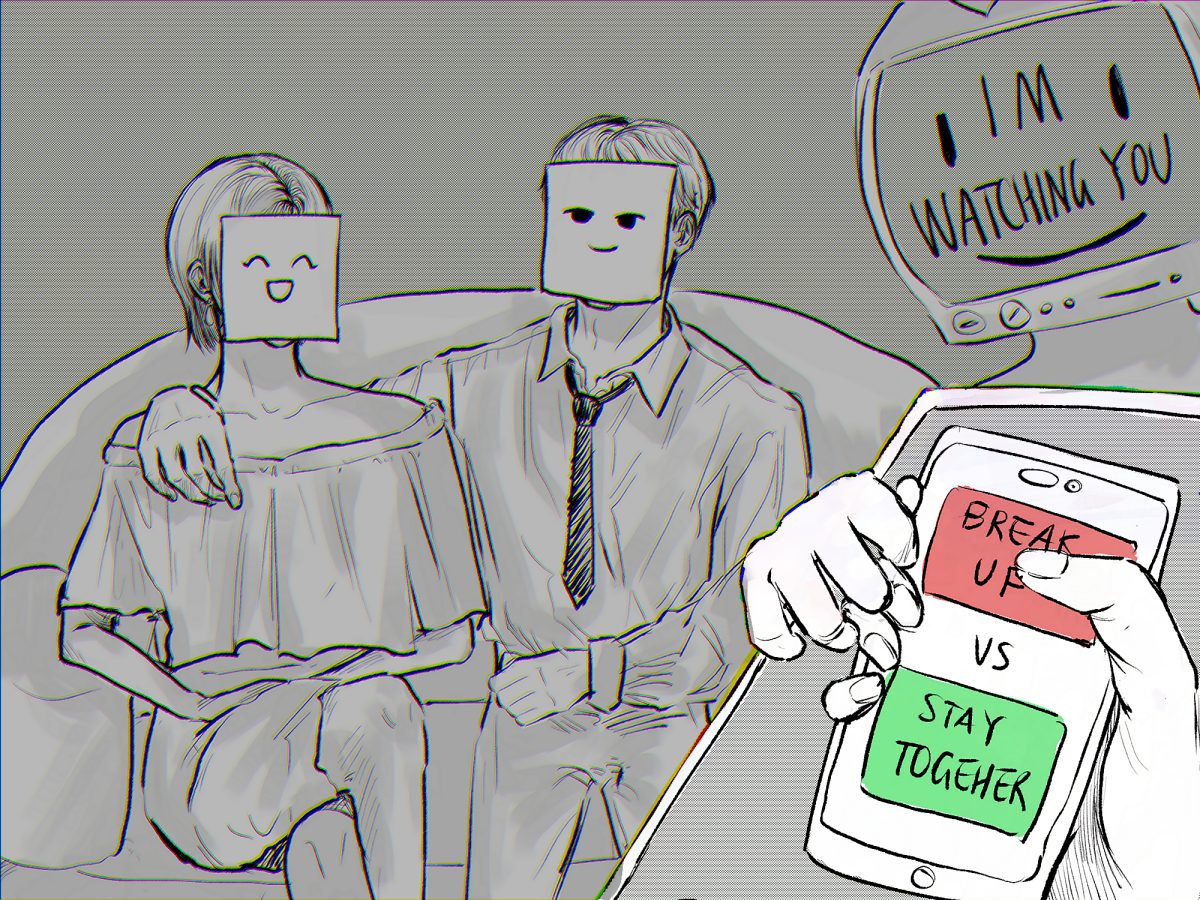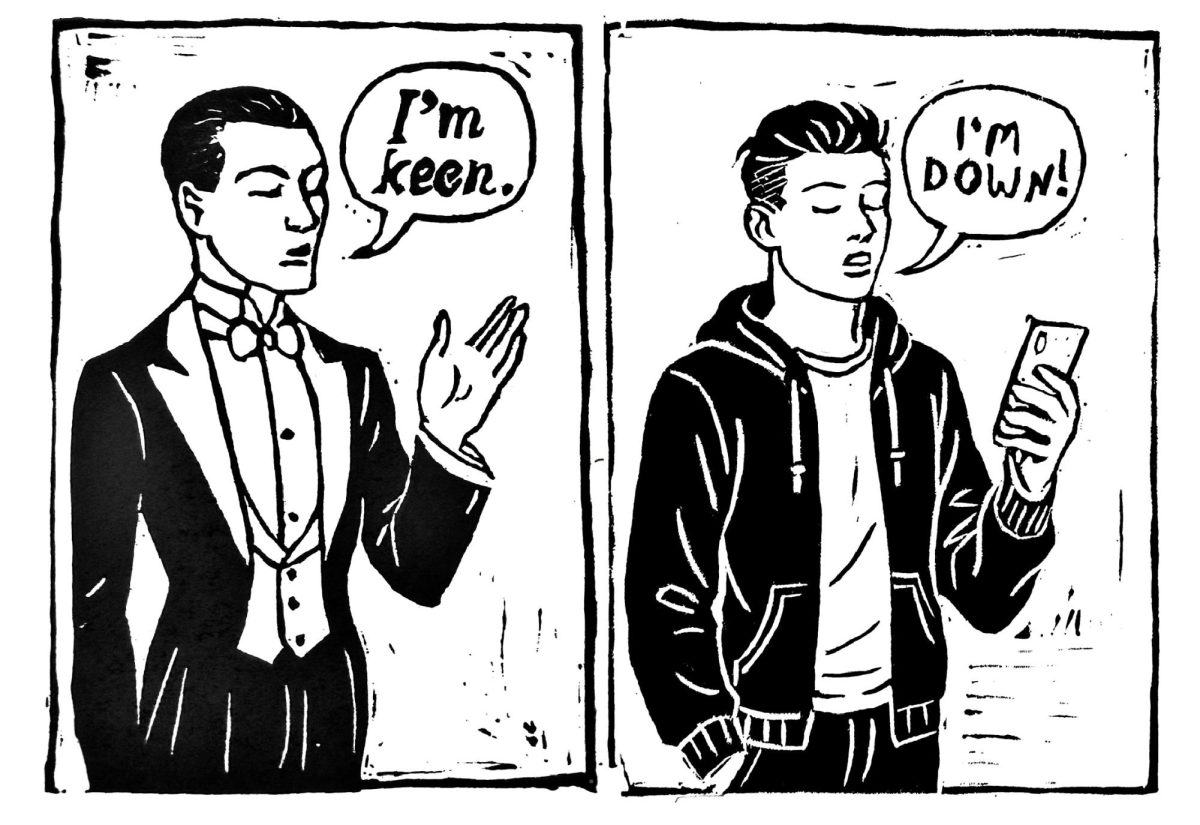Blabbermouths, tattletales, snitches, and snakes—no matter the name, gossipers carry a bad rep. Most believe it to be a means of harm, while others may think this is not entirely accurate. However, what remains constant is that gossip involves sharing information about others’ personal lives. This concept of spreading confidential information—true or not—is highly stigmatized.
It is well-known that gossip is known for its malicious and harmful nature: spreading misinformation and destroying relationships. With all into play, gossip undoubtedly has its consequences. However, because of the negative fallouts, it still remains so enticing to nearly everyone and surprisingly offers its own set of perks.
So, what benefits and drawbacks does gossip reap, and how can it be either be constructive or destructive— or both?
CONS:
Damaged Reputation
When “gossip” is mentioned, the common association is with someone who spreads secrets or rumors about others. As gossip carries a principally negative stigma, individuals involved are typically and unconsciously perceived through the same negative lens gossip is viewed as regardless of intentions.
“Reputation,” by definition, is the beliefs and opinions held to one. However, it is not simply just the superficial conspiracies others make of us, it is the assumed deeper understanding of our minds and morals. In accordance to this, gossipers are viewed and treated more unfavorably as opposed to others; this can mean isolation, exclusion, mockery, and harsher criticism. The tendency of gossip to damage reputation not only leads to considerable social consequences and adverse treatment but also ruins our treasured and cherished bonds.
Emotional Impact
When we gossip, we usually do not consider its subsequent effects–whether on others or ourselves. Gossip is an impulsive human tendency, driven by excitement or frustration. Individuals who gossip overlook the impact it has on their self-esteem, integrity, and mindset, only focusing on the eager in the moment.
Initially, we ignore the consequences of our words, only later to bear the repercussions and guilt for our actions. This unconsciously builds negative self-perceptions and habits of judgment and invasive behavior. Gossip undermines our sense of integrity and ethics, resulting in conflict not only with others but also within our own minds.
PROS:
Feeling Understood & Trusted
Though gossip harmfully impacts one’s well-being and relations with peers, it also offers certain benefits.
We have all experienced times where we felt like no one in the world understands us. The joint feeling of frustration, isolation, and self-doubt is one of the most burdensome weights to shoulder. Feeling understood connects us with others and allows common interests and conversation to flow cathartically. When we partake in gossip, it delivers us validation through shared experiences and opinions while also building a foundation of trust. Gossip relieves the feeling of being misunderstood, bestowing relief upon us and justifying our thoughts.
Avoiding Conflict
It is widely recognized that gossip damages relationships and creates problems—but what if this is not always the case
One key reason why gossip is so enticing is that it allows people to speak their minds without direct confrontation. When minor issues articulate, discussing them with someone else could avoid conflict by offering new perspectives or simply temporary relief. This can prevent insignificant issues or little misunderstandings from escalating into larger problems.
While gossip bears a primarily adverse stigma and certainly has its drawbacks, there are contrary benefits to consider. After all, if its enticing nature leads everyone to tattle, is it so bad if we are all tattletales, snitches, and snakes?



